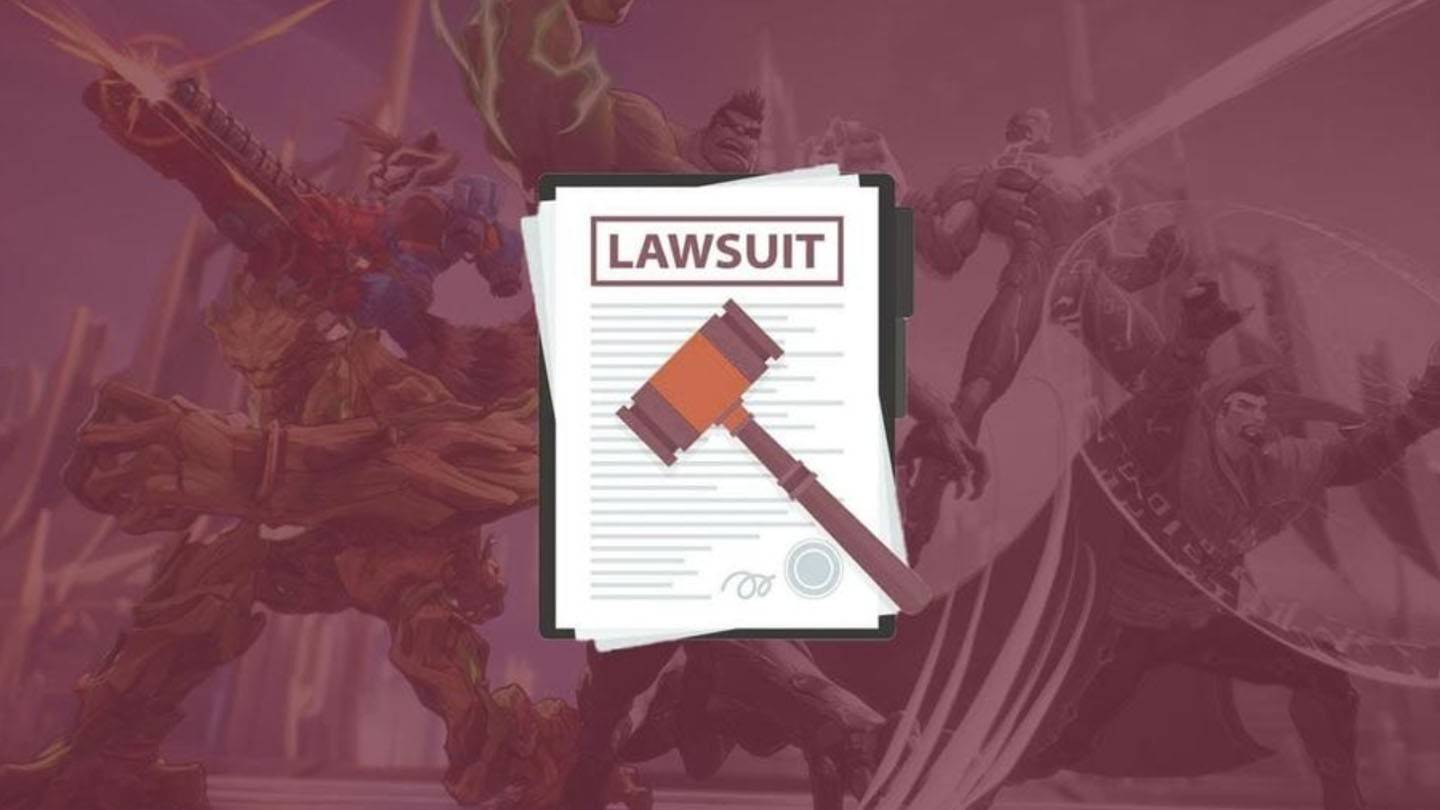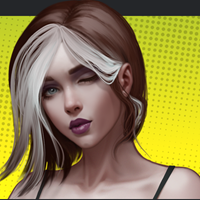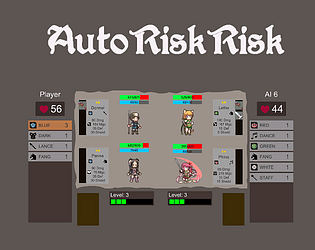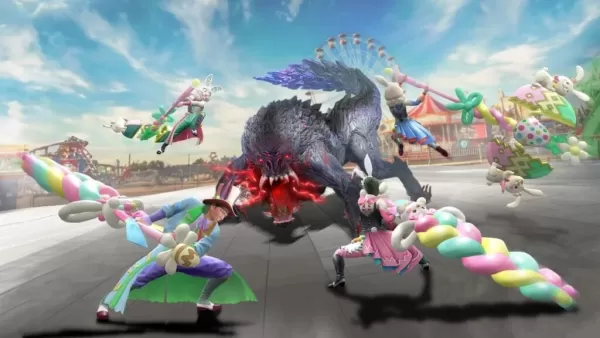Yakuza Like a Dragon Will Always Be \"Middle-Aged Guys Doing Middle-Aged Guy Things\"

The Yakuza (now Like a Dragon) series, while expanding its appeal to younger and female players, remains committed to its core identity: middle-aged men experiencing the realities of middle age.
Like a Dragon Studio Prioritizes its Core Identity: Middle-Aged Men
Middle-Aged Men Doing Middle-Aged Things
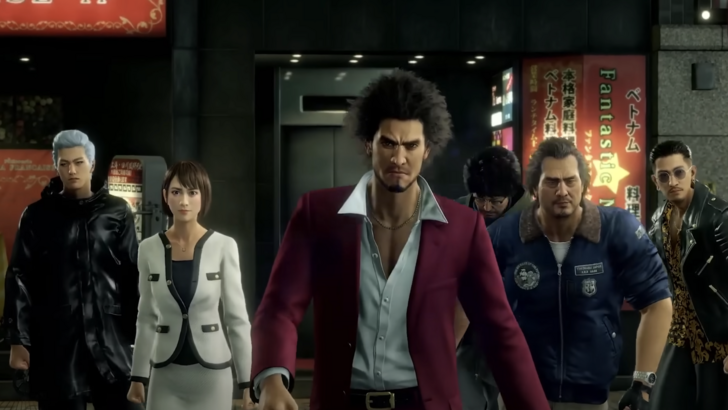
The Like a Dragon series continues to resonate globally, captivating a diverse fanbase thanks to charming characters like Ichiban Kasuga. Despite this broadened appeal, the developers remain steadfast in their vision.
"We've seen a significant increase in new fans, including women, which is fantastic," series director Ryosuke Horii shared with AUTOMATON. "However, we won't drastically alter our approach to cater to this. That would prevent us from discussing things like uric acid levels!"
Horii and lead planner Hirotaka Chiba believe the series' unique charm stems from its focus on the relatable experiences of middle-aged men, a perspective they share personally. From Ichiban's Dragon Quest obsession to his complaints about back pain, they see this "humanity" as the game's originality.
"The characters are relatable because they're ordinary people facing ordinary problems," Horii added. "This makes the game feel incredibly immersive, like eavesdropping on real conversations."

In a 2016 Famitsu interview (reported by Siliconera), series creator Toshihiro Nagoshi expressed surprise at the growing female player base (approximately 20%). While acknowledging this positive trend, he affirmed Yakuza's core design for a male audience, emphasizing a cautious approach to avoid compromising the game's intended vision.
Addressing Concerns about Female Representation
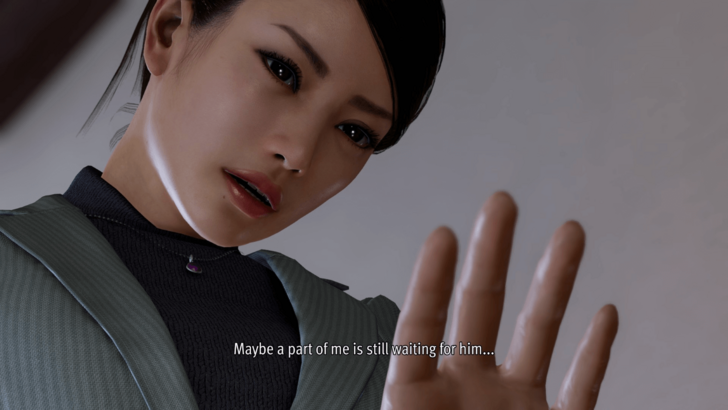
Despite its primarily male-focused marketing, the series has faced criticism regarding its portrayal of women. Some fans argue that the series relies on sexist tropes, relegating female characters to supporting roles or objectifying them. ResetEra discussions highlight this ongoing concern, noting that while progress has been made, female representation remains inadequate, with sexist tropes and scenarios persisting. The limited number of playable female characters and the frequent use of suggestive remarks by male characters towards female characters are cited as examples. Recurring instances of the "damsel-in-distress" trope further reinforce these criticisms.
Chiba, in a lighthearted comment, acknowledges that even in Like a Dragon: Infinite Wealth, female character interactions can be overshadowed by male-dominated conversations.
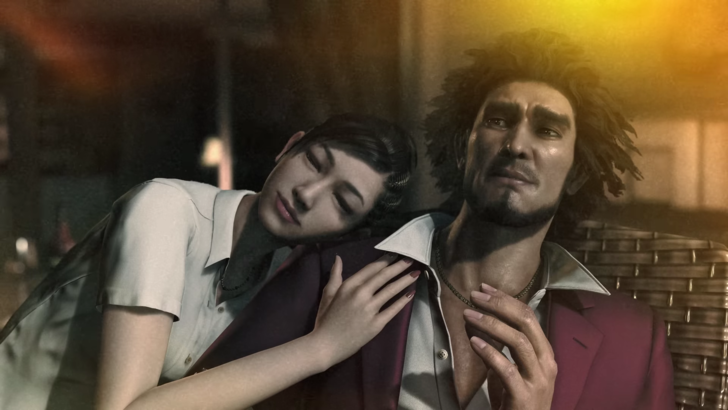
While the series occasionally falls back on outdated tropes, newer entries demonstrate a commitment to more progressive representation. Game8's 92/100 review of Like a Dragon: Infinite Wealth praises it as a satisfying experience for fans while simultaneously charting a promising future for the series. For a detailed analysis, read our review!
-
HBO's Harry Potter TV series has reached a major casting milestone with the first six roles officially announced. While fans eagerly await reveals for Harry, Ron, Hermione, and Voldemort, we now know who will portray Albus Dumbledore, Minerva McGonagAuthor : Gabriel Dec 22,2025
-
The meteoric rise of Marvel Rivals, NetEase's multiplayer game, has been met with both praise and legal trouble. Although the game rapidly attracted millions of players, its success has been shadowed by serious legal issues for the developer.In JanuaAuthor : Violet Dec 22,2025
- Spring Valley Farm Game: January 2025 Redeem Codes
- WWE Superstars Join Call of Duty Warzone: Mobile Roster
- Midnight Girl is a minimalist point-and-click adventure set in Paris in the 60s, now open for pre-orders on mobile
- Mobile Legends: Bang Bang – Best Lukas Build
- "Grand Outlaws Unleashes Chaos and Crime on Android Soft Launch"
- Video Game Song Surpasses 100 Million Streams on Spotify


